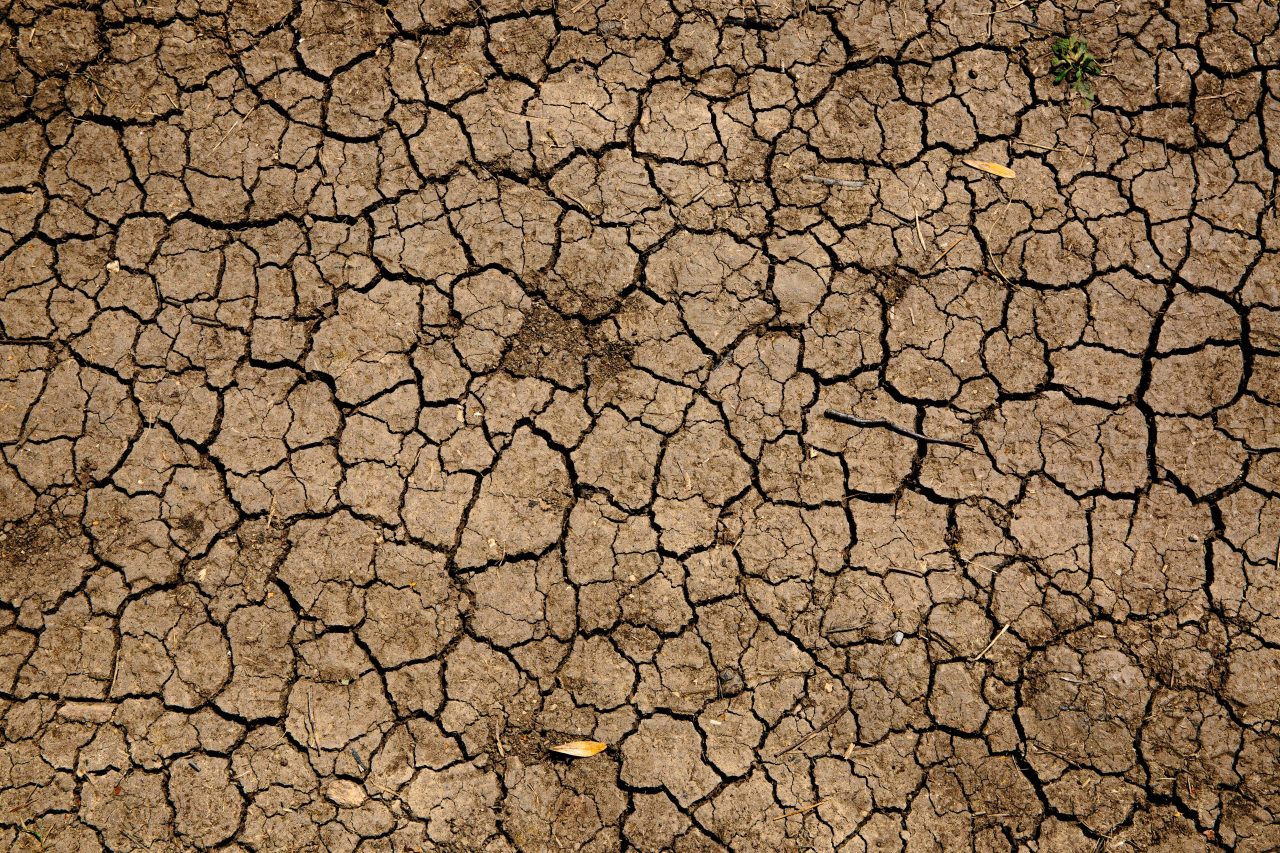The Crucial Connection: Healthy Soil’s Role in Mitigating Climate Change and Preserving Biodiversity
In the face of global challenges such as climate change and biodiversity loss, the significance of healthy soil cannot be overstated. Often overlooked, soil is a vital resource that sustains life on Earth. Healthy soil is not merely a medium for plant growth; it serves as a powerhouse of ecological services with far-reaching implications for climate change mitigation and biodiversity conservation. This article delves into the characteristics of healthy soil, explores its critical role in combating climate change, and highlights its importance in preserving biodiversity.
Healthy soil, also referred to as fertile or productive soil, possesses specific characteristics that contribute to its effectiveness in supporting diverse ecosystems. It is rich in organic matter, consisting of decomposed plant and animal material, which provides essential nutrients and enhances soil structure. Healthy soil has a balanced pH level, good water-holding capacity, and optimal nutrient availability for plant uptake. Furthermore, it harbors a thriving community of beneficial organisms such as earthworms, bacteria, fungi, and insects, collectively known as the soil microbiome.
Healthy soil plays a vital role in mitigating climate change by acting as a significant carbon sink. Through a process called carbon sequestration, plants absorb carbon dioxide from the atmosphere through photosynthesis, converting it into organic matter. This organic matter is then stored in the soil, where it can remain for hundreds or even thousands of years. By storing carbon in the soil, healthy soil helps reduce the concentration of greenhouse gases in the atmosphere, mitigating the warming effect of climate change.
Moreover, healthy soil promotes efficient water management. It enhances water infiltration, reducing the risk of soil erosion and runoff. By retaining moisture, healthy soil helps mitigate the impacts of drought and flooding, which are becoming more frequent and severe due to climate change.
The importance of healthy soil extends beyond climate change mitigation to the preservation of biodiversity. Healthy soil provides a conducive habitat for a diverse array of organisms, from microscopic bacteria to larger mammals. The soil microbiome, in particular, plays a crucial role in nutrient cycling and soil fertility. Beneficial soil microorganisms enhance nutrient availability for plants, aiding their growth and overall health.
The interconnectedness between healthy soil and biodiversity is evident in the intricate web of relationships that exist below ground. Soil organisms help break down organic matter, contributing to nutrient recycling and decomposition. They also promote plant health by protecting against harmful pathogens and pests.
Furthermore, healthy soil serves as a natural refuge for plant species. It supports the growth of a wide range of plants, including native and endemic species, contributing to ecosystem diversity and resilience. By preserving the biodiversity within the soil ecosystem, healthy soil strengthens the overall resilience of ecosystems to environmental disturbances, such as climate change and invasive species.
Healthy soil is an unsung hero in the fight against climate change and the conservation of biodiversity. Its ability to sequester carbon, manage water resources efficiently, and provide a nurturing habitat for countless organisms underscores its significance in maintaining the delicate balance of our planet. Recognizing the importance of healthy soil is crucial in developing sustainable agricultural practices, land management strategies, and conservation efforts. By prioritizing the health of our soil, we can contribute to mitigating climate change, preserving biodiversity, and ensuring a resilient and thriving environment for generations to come.
